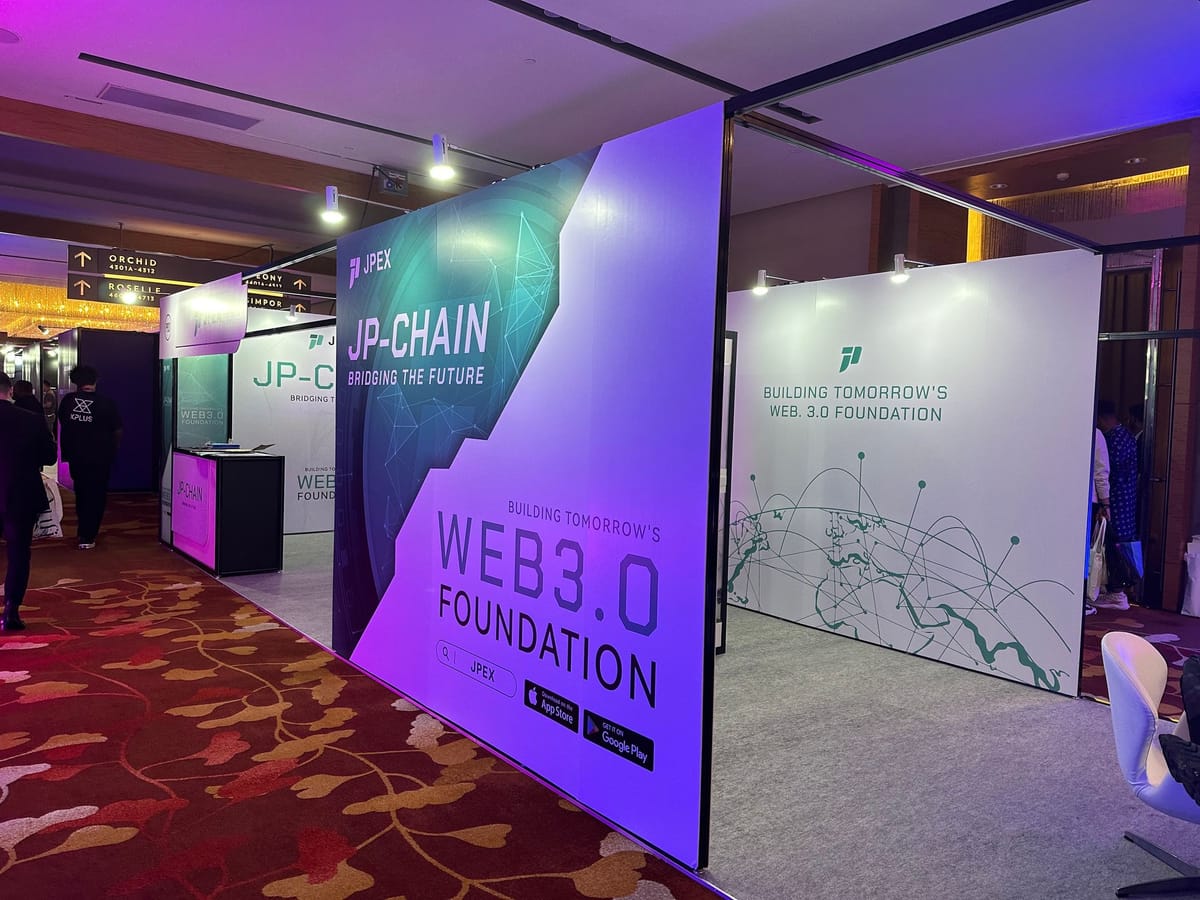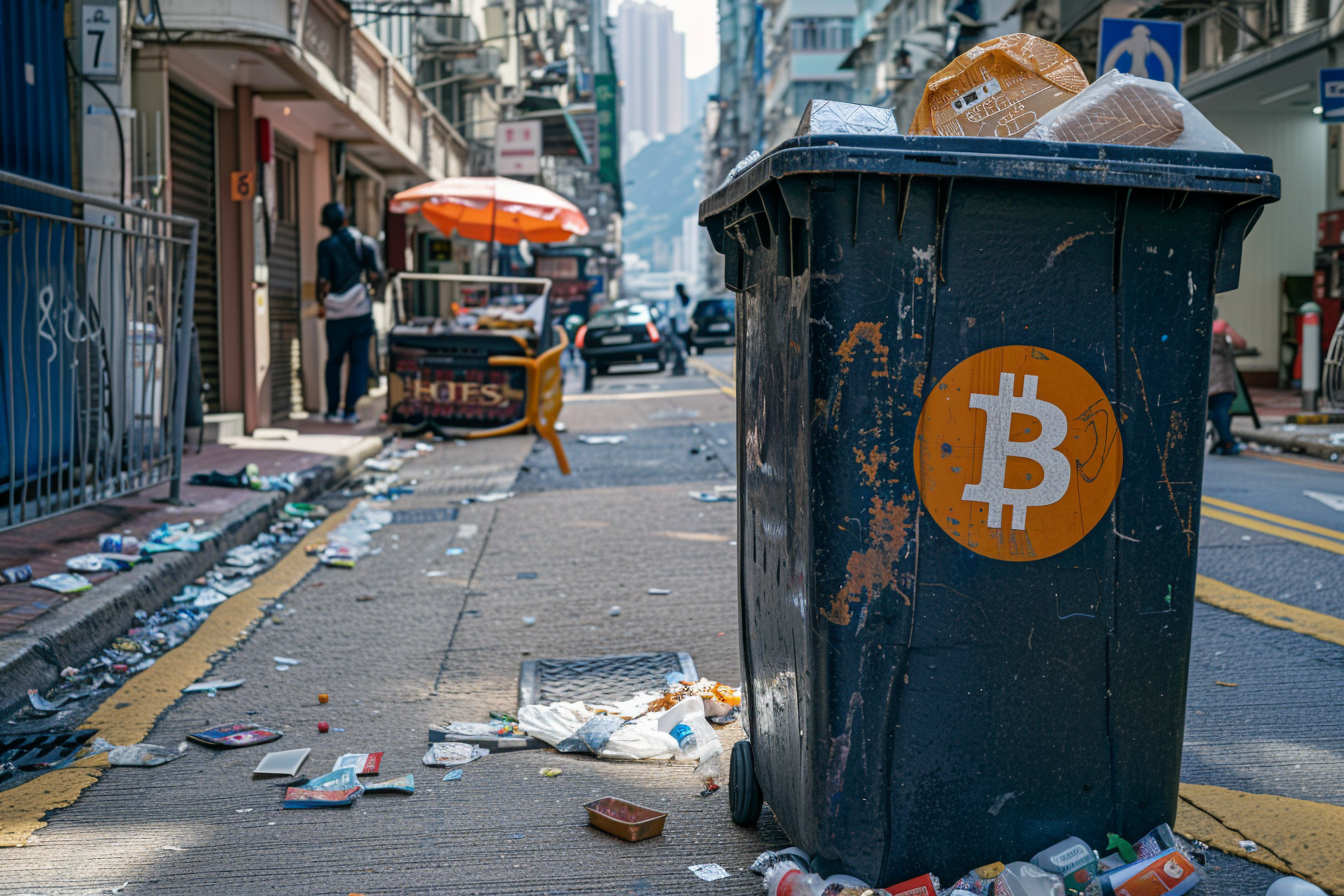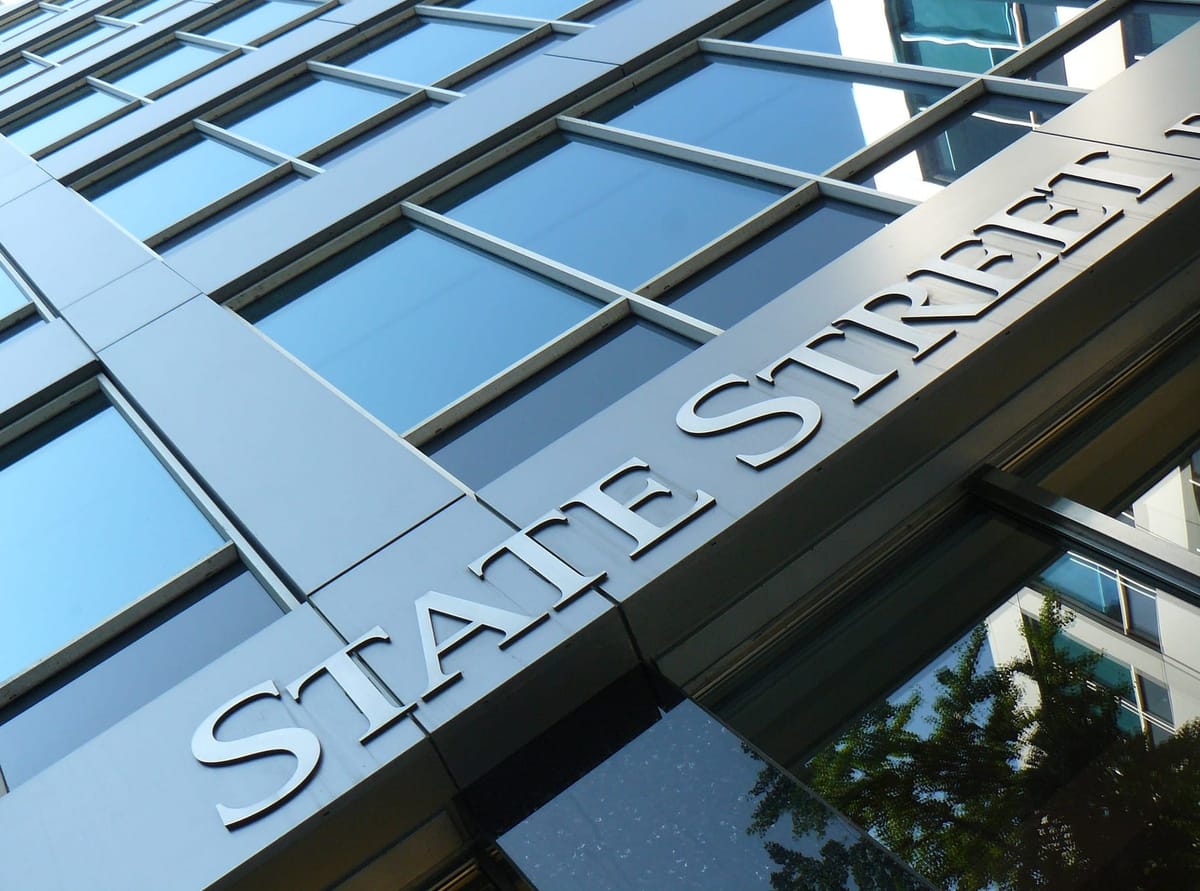Table of Contents
Crypto regulation is a hard nut to crack. Just ask Gary Gensler. But over in Hong Kong, creating a framework whilst weeding out the rotten entities is proving to be an overwhelming challenge for authorities.
Ever Tried, Ever Failed
Poised as a regional hub for the industry, going head to head with Singapore, Hong Kong had initially one-upped its Asian neighbour by giving the green light for crypto trading in June 2023.

However, the move quickly backfired as the JPEX scandal, which saw a loss of $1.6 billion, unfolded just months later. At least 2,363 victims were swindled by the Hong Kong exchange, which promoted itself through widespread advertising and influencers as a licensed crypto exchange with yields of 20%.
In September 2023, JPEX suddenly suspended its services and announced that it was under investigation by the Hong Kong police for suspected money laundering and fraud. The platform’s website and social media accounts were taken down, and its customer service hotline was disconnected.

Despite its setbacks, Hong Kong powered on, and even took a leaf from the US' book by launching its very own crypto ETFs a few months ago. However, like many of the city's efforts, this too fell flat.
Unable to mirror the success of its American peers, Hong Kong's crypto ETFs reeled in just $12 million in trading volume, and inflows paled in comparison to the US market's $4.6 billion first day of Bitcoin ETFs. Worse still, just weeks later, these minute gains were rapidly wiped out.

Copper's HK License
Hong Kong's efforts to create a warm and welcoming environment for crypto have not gone unnoticed by the industry. On Wednesday, crypto custody specialist Copper revealed that it has secured a Trust or Company Service Provider (TCSP) license in Hong Kong.
“This is a key development in Copper’s expansion in the Asia Pacific market. Combining trust and efficiency is fundamental to our institution-first approach,” Dmitry Tokarev, founder and CEO of Copper, said.
“This license approval in a key global hub only strengthens that unique offer, highlighting Copper’s compliance with Hong Kong’s regulatory frameworks and standards,” Tokarev added.
Copper's ClearLoop network empowers clients to oversee collateral and finalize trades on multiple exchanges, minimizing counterparty risk and optimizing capital utilization.

Stable Stablecoin Plan
In a step towards building a framework for crypto in Hong Kong, regulators have established a new regime for stablecoins. Under the new rules, issuers of stablecoins that track fiat will be required to obtain a license from the Hong Kong Monetary Authority (HMKA).
The move comes as part of the conclusions of its consultation on stablecoins. Over the two-month public consultation period that concluded in February this year, 108 submissions were received from market participants, industry associations, business and professional organizations, and other stakeholders.
Issuers will also need to reveal monthly statements of their reserve assets, facilitated by a third party.
The Secretary for Financial Services and the Treasury, Christopher Hui, said, "In addition to the existing regulatory regime for VA trading platforms, the establishment of a licensing regime for FRS issuers will further strengthen the VA regulatory framework in Hong Kong in line with international standards and effectively mitigate possible financial stability risks associated with FRS issuance activities."

Woes Continue
While Hong Kong is certainly making strides in working with the industry, crypto crime continues to plague the city.
Earlier this month, the Securities and Futures Commission of Hong Kong (SFC) issued alerts against seven crypto trading platforms for illegally operating in the region without operational licenses: Taurusemex, Yomaex, Bitones.org, BTEPRO, CEG, XTCQT and Bstor.
The Alert List highlights exchanges that are either unlicensed or falsely claim association with Hong Kong.

This year alone, 28 cryptocurrency exchanges were flagged by the body. All exchanges are suspected of engaging in fraudulent activities and deceiving investors about being registered with the SFC.
Additionally, Hong Kong police arrested three people earlier this week on suspicion of conning a businessman out of HK$3.11 million ($400,000) in cryptocurrency as well as three bundles of bogus HK$1,000 banknotes. The criminals duped the 44-year-old into transferring the funds, in Tether, to a designated e-note after showing him what seemed to be a pile of legitimate banknotes.
“Except for two genuine banknotes placed on the top and bottom of each bundle, the others were bogus bills, known as training notes,” an insider said.
“After the transfer, the merchant asked to inspect the banknotes. But the employees refused to allow him to check them, claiming that they had not received instructions from the store manager via phone.”
Indeed, policing crypto crime is proving to be quite the challenge in Hong Kong. But even regulation is coming under scrutiny.
During a parliamentary questioning session earlier this month, Treasury Secretary Hui said that the HMKA and the SFC are reviewing regulations regarding digital assets.
HKMA and the SFC will “keep in view market developments and review the requirements on VA-related activities as appropriate,” Hui stated.
Hui made the remarks in response to a lawmaker who questioned whether regulators would accelerate the vetting process for crypto licenses.

Elsewhere




Events
Coinfest Asia (Bali, 22-23 August)


Get ready to connect with 6,000+ people from 2,000+ companies at the largest Web3 festival in Asia. Get your tickets now with Blockhead's 10% discount code: CA24BLOCKHEAD
It's All Happening on LinkedIn
Did you know you can now receive Blockhead's juicy daily newsletters directly to your LinkedIn? Subscribe to our LinkedIn newsletters for the latest news and insights in the world of Web3!
There also might be the occasional discount code for the industry's hottest events, exclusively for subscribers. So be sure to sign up!








